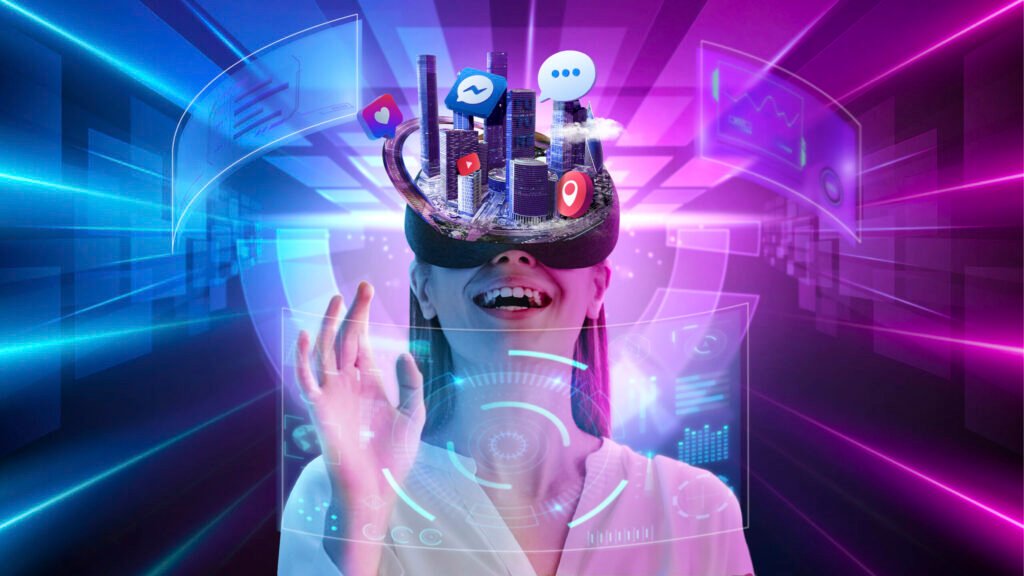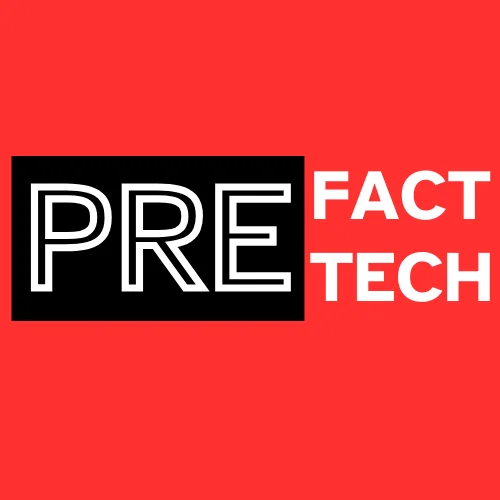In a rapidly evolving digital landscape, the buzz around upcoming VR technologies is impossible to ignore. Virtual reality (VR) is no longer a specialised technology used just by gamers and early adopters. VR has advanced significantly in recent years and has started to influence many facets of our life. It’s thrilling to investigate the new VR technologies that promise to transform our online experiences as we look to the future.

Image Credit : Swiss Cognitive
Wireless VR
Current VR setups frequently call for heavy cables, which restricts mobility. Future VR technologies hope to do away with these connections, giving users a genuinely tethered and immersive experience. Manufacturers are attempting to develop wireless, light-weight headgear that won’t sacrifice performance, ushering in a new era of virtual reality exploration and gaming.
Improved Resolution and Graphics
Although VR visual quality has advanced significantly, there is always potential for development. Stunningly realistic graphics with better resolutions and improved clarity are promised by upcoming VR technology. With this development, VR experiences—whether you’re exploring a virtual world, watching a movie, or working together in a virtual workspace—will become even more realistic and compelling.
Eye-Tracking and Foveated Rendering
How we engage with virtual surroundings is about to undergo a change thanks to eye-tracking technology. VR systems can prioritise rendering the portion of the scene that the user is looking at while lowering information in other areas by precisely tracking the user’s gaze. Foveated rendering is a method that improves realism while using less computer power, making VR more accessible
Hand and Body Tracking
The future of VR involves more than simply what you see; it also involves how you engage with the virtual environment. Future VR technology will emphasise hand and body tracking, allowing users to engage naturally with characters, manipulate things, and move around virtual environments. The VR experiences take on a completely new dimension with this level of immersion.
Haptic Feedback and Sensory Integration
VR needs to involve more than just our senses of sight and sound in order to truly transfer consumers to another dimension. In order to simulate touch and even temperature changes, haptic feedback devices, such as gloves and vests, are being created. Users will be able to feel the virtual world, including its textures and temperatures, thanks to this sensory integration.
Social VR and Collaboration
Virtual reality has the power to change how we communicate and work together. Future VR technologies will concentrate on building communal virtual areas where people may interact, socialise, collaborate, and have fun. The possibilities are endless, whether it’s participating in virtual conferences, visiting virtual museums with friends, or working on a project with coworkers from around the globe.
Healthcare and Therapy Applications
VR is being used in healthcare and treatment, in addition to gaming and entertainment. Innovative VR treatments for phobias, other mental health issues, and even physical rehabilitation are being created. A safe and controlled environment for therapy and rehabilitation can be provided by VR’s immersive nature, giving sufferers new hope.
AI-Powered Virtual Assistants
A game-changer is the incorporation of artificial intelligence (AI) into VR. Future VR technologies will likely feature AI-powered virtual assistants that can comprehend and react to orders given in plain language, improving the user experience overall. These virtual companions will improve the usability of VR interactions by helping users navigate virtual worlds and providing contextual information. Imagine exploring the rich realms of virtual reality with a helpful AI guide at your side, enhancing the enjoyment and engagement of your experiences.
Click here to learn more on this topic.
Conclusion
Virtual reality has a bright future ahead of it. Future VR technologies promise to fundamentally alter how we consume digital content, from gaming and entertainment to education and healthcare. VR will surely play a significant role in our lives as we continue to push the frontiers of what is possible, boosting our capacity to interact, learn, and explore in ways that have never been conceivable before. Prepare to enter a world where the boundaries between the real and the virtual are hazy and the only restriction is our own imagination.
Click here to know more on top upcoming dslrs.
